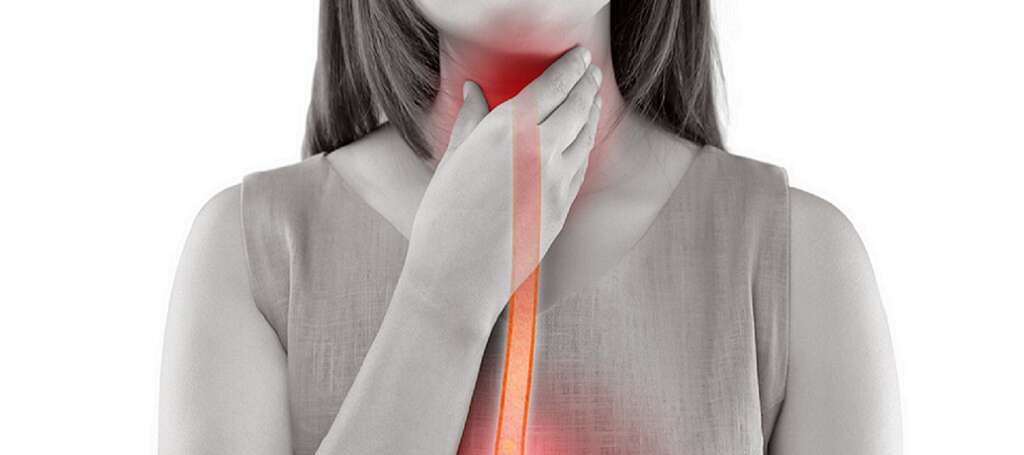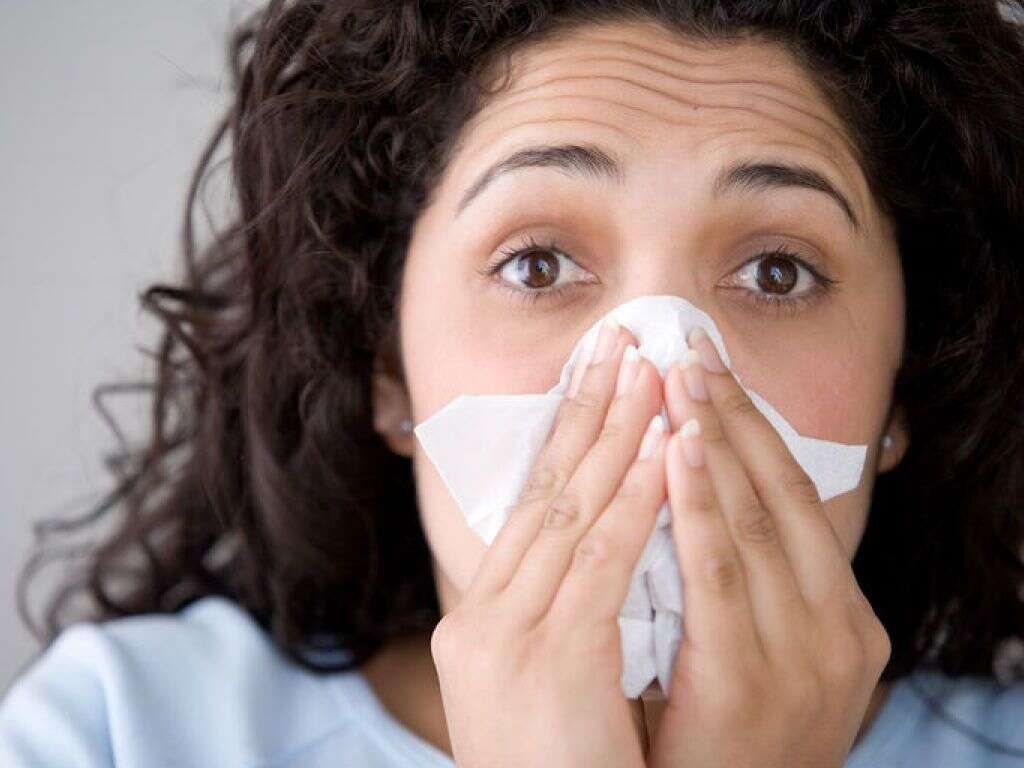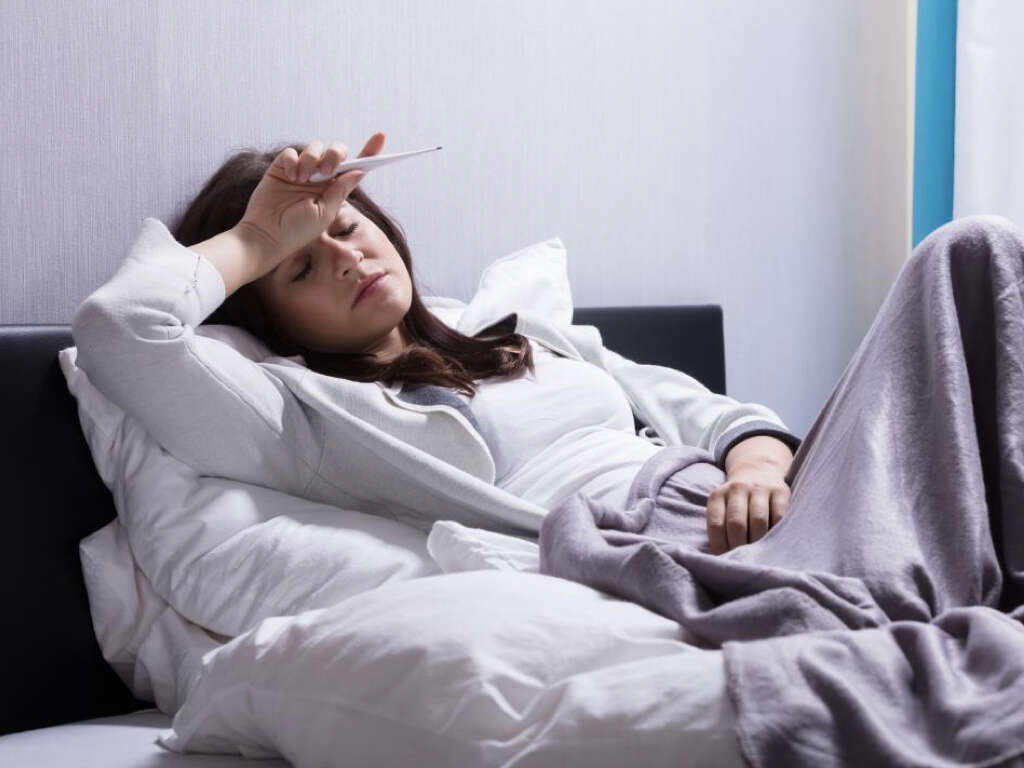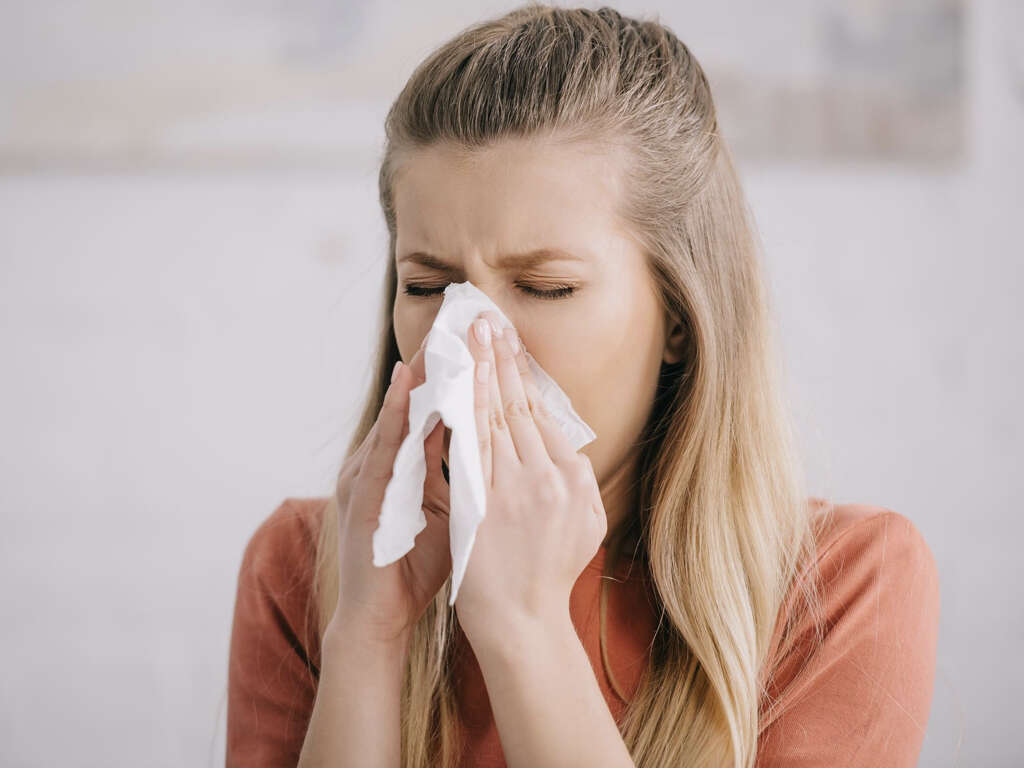10 Atypical Pneumonia Symptoms
 Article Sources
Article Sources
- 1. 'Atypical Pneumonia.' Centers for Disease Control and Prevention, 8 Apr. 2021, www.cdc.gov/pneumonia/atypical/index.html
- 2. 'Atypical Bacterial Pneumonia - StatPearls - NCBI Bookshelf.' National Center for Biotechnology Information, 15 Aug. 2020, www.ncbi.nlm.nih.gov/books/NBK532239/
- 3. Smith, Charlotte. '6-At-Home Remedies to Ease Your Sore Throat' Nov. 10, 2020. https://www.pennmedicine.org'updates/blogs/health-and-wellness/2018/february/sore-throat
- 4. 'Severe Atypical Pneumonia in Critically Ill Patients: a Retrospective Multicenter Study.' Annals of Intensive Care, 13 Aug. 2018, annalsofintensivecare.springeropen.com/articles/10.1186/s13613-018-0429-z
- 5. 'Pneumonia.' Advancing Heart, Lung, Blood, and Sleep Research & Innovation | NHLBI, NIH, www.nhlbi.nih.gov/health-topics/pneumonia
- 6. 'Atypical Pneumonia: MedlinePlus Medical Encyclopedia.' MedlinePlus - Health Information from the National Library of Medicine, medlineplus.gov/ency/article/000079.htm
Sore Throat
Typically, a sore throat begins with a scratchy sensation or pain. It may worsen and cause difficulty when swallowing or talking. Although less common in atypical pneumonia, a sore throat may also be associated with sore or swollen glands in the neck or jaw and a hoarse or muffled voice.
While having no proven medical benefit, several home remedies may help relieve a sore throat. They include saltwater gargles, honey, lemon and tea.3Smith, Charlotte. ‘6-At-Home Remedies to Ease Your Sore Throat’ Nov. 10, 2020. https://www.pennmedicine.org’updates/blogs/health-and-wellness/2018/february/sore-throat
Advertisement










